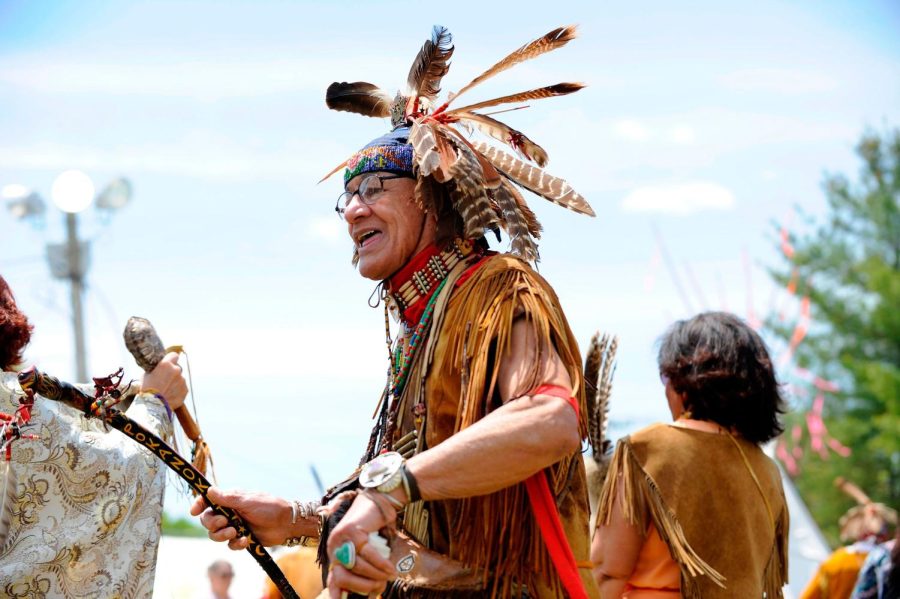Native American Heritage Month
Indigenous People’s Heritage month honors the stories of those who were here first.
December 5, 2022
November is National American Indian Heritage Month, or as it is more widely known, Native American Heritage Month. In 1990, President George W. Bush designated November to be dedicated to Native Americans. Before this, however, many states had different days set off to the side as celebrations. The first instance of this was marked by Dr. Arthur C. Parker, a Seneca Indian, through the Boy Scouts of America. In 1915, it gained enough traction to declare the second Saturday of each May as American Indian Day. This is important because it was the first appeal that recognized Native Americans as citizens.
Several states celebrate the fourth Saturday in September, and on the other hand, several states have opted to celebrate American Indian Day on Columbus Day, however, it continues to be a day that is observed without being recognized as a national holiday.
National American Heritage is a month designated to celebrate diverse cultures and heritage and also to acknowledge the many achievements and contributions that Native people have made to our country. It’s also an opportunity to reflect on the unique struggles that Natives go through, such as MMIP (Missing and Murdered Indigenous Peoples) and the lack of certain resources such as water on reservations.
The National Park Service has also made several comments on Native American Heritage Month, including how important the relationship they have with them is. The NPS encourages people to recognize that due to colonization and western expansion Natives were separated from their land, and it’s important to reflect on the impact this has had on many people and tribes.
According to National Native American Day’s official website, they are hosting several virtual events, including ceremonies, plays, showcases, and stories. The website also includes several spotlights of different Native American people and the impacts they have made. There are several informative video, audio, and visual pieces that you can use as tools to educate yourself on this important topic. If you want to learn more information on this topic, you can visit culturalsurvival.org or nea.org. It is important to educate yourself on the past!






